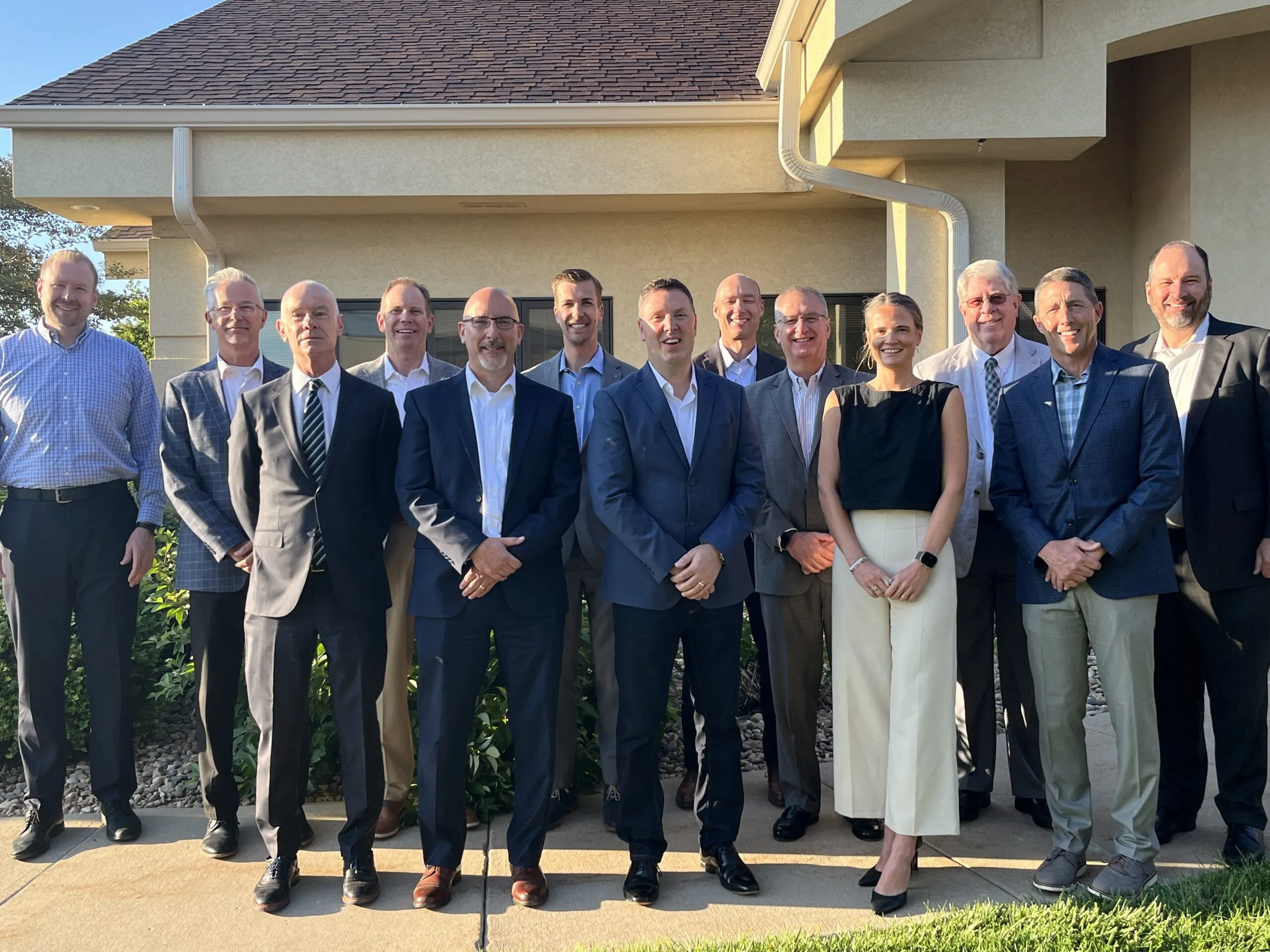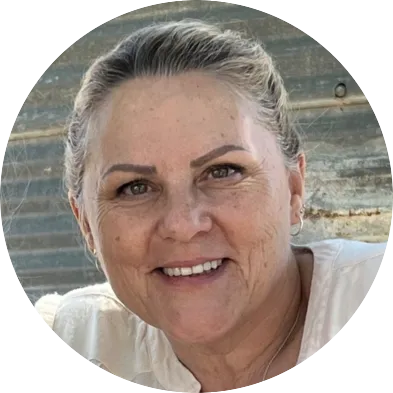CEO Roundtable: Bankers watching interest rates, hoping for ‘soft landing’

Like most in the country, local bankers are watching interest rates, the election and inflation with a keen eye. All three together and individually affect their daily business, and they’ve been waiting a while now for business to go back to normal.
THIS ARTICLE IS FOR SUBSCRIBERS ONLY
Continue reading for less than $3 per week!
Get a month of award-winning local business news, trends and insights
Access award-winning content today!
Already have a paid subscription?
Sign in with GoogleSign in with Google





